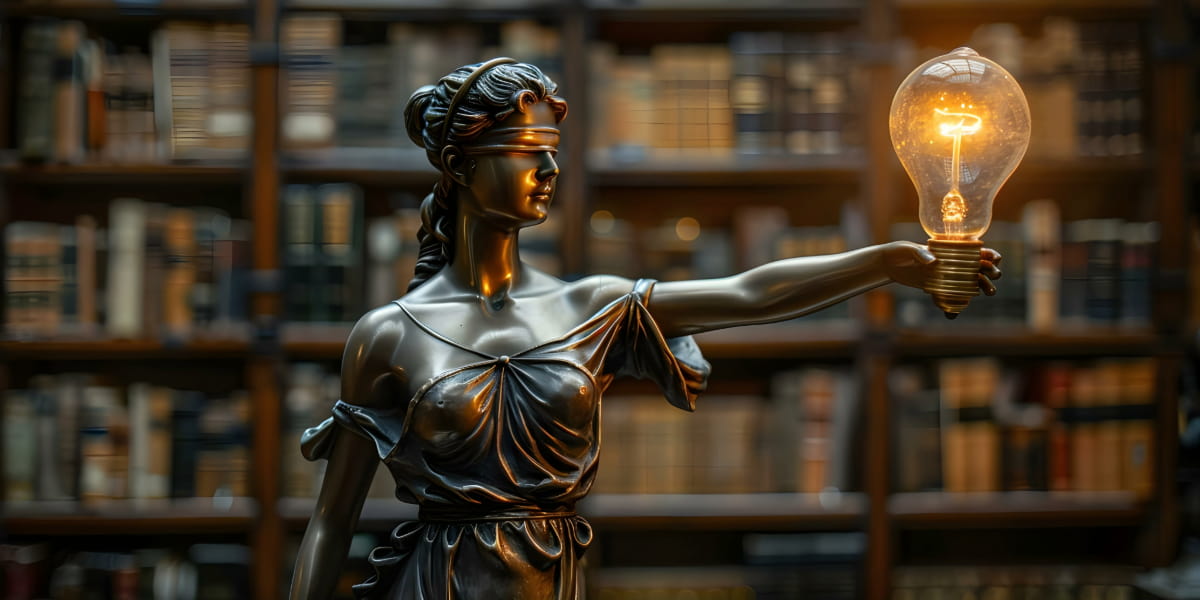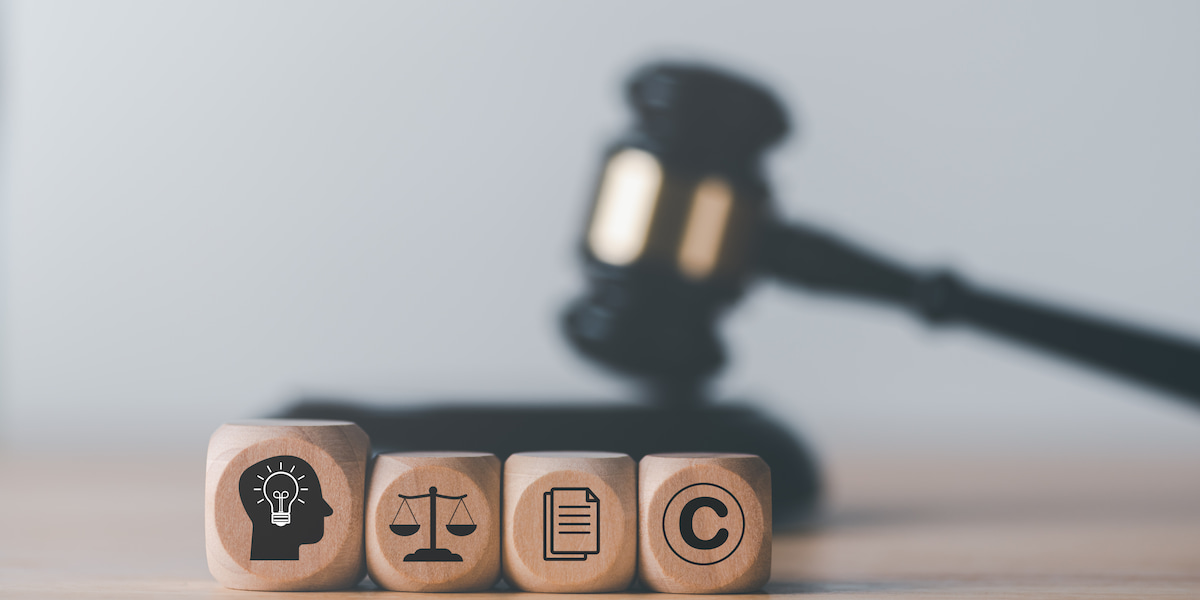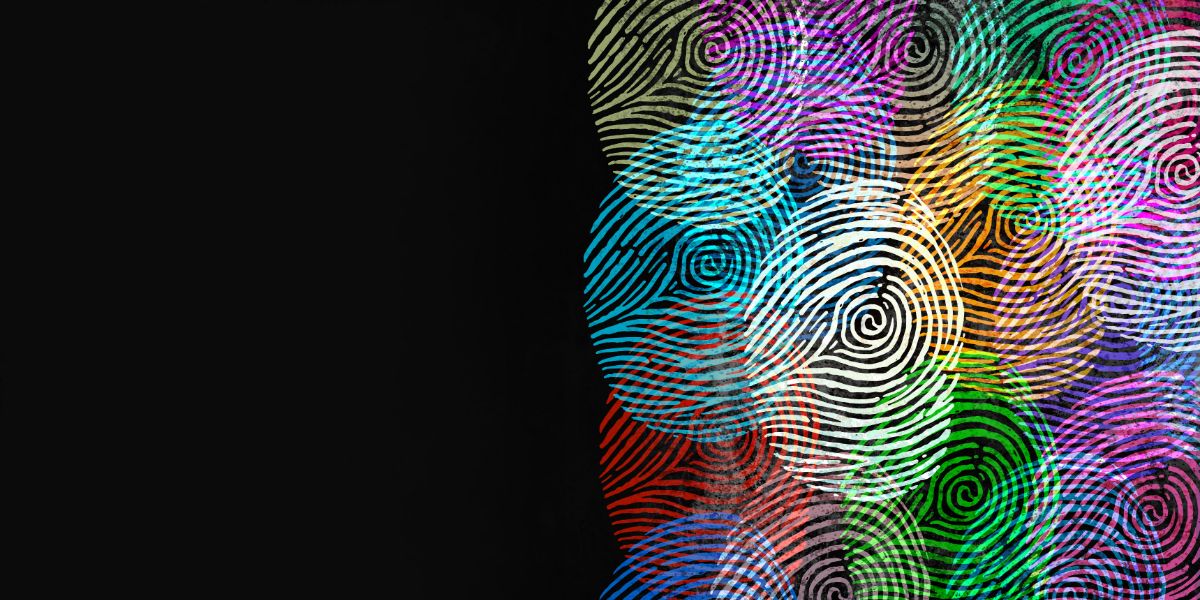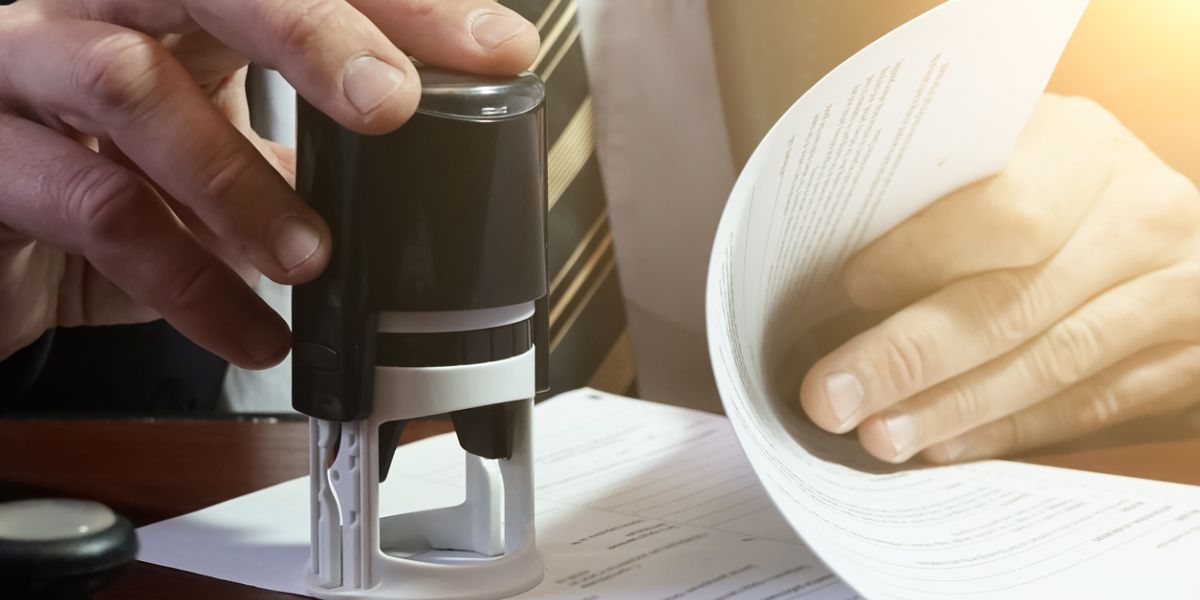What Does an Intellectual Property Lawyer Do?
Intellectual property (IP) protects ideas, inventions, and artistic works. This protection drives progress in business, tech, and the arts, allowing creativity and innovation to flourish. Understanding what do intellectual property lawyers do is important for anyone seeking to protect their innovations and creative works. What is an IP lawyer? An IP lawyer specializes in intellectual





